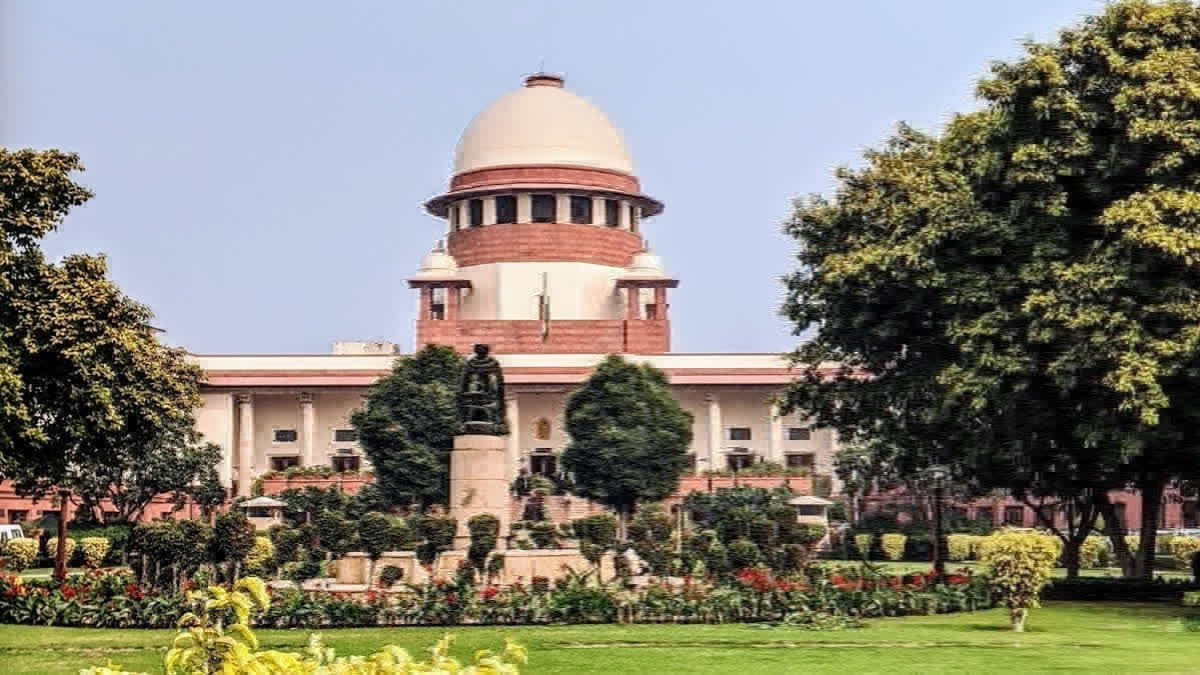New Delhi:The Supreme Court on Thursday said its direction to delete the "caste" column apart from any caste reference in undertrials or convicts' registers in jails will not impede the collection of data by National Crime Records Bureau (NCRB). A bench of Chief Justice D Y Chandrachud and Justices J B Pardiwala and Manoj Misra made the clarification.
In a landmark verdict delivered on October 3, the apex court banned caste-based discrimination like division of manual labour, segregation of barracks and bias against prisoners of de-notified tribes and habitual offenders by holding as "unconstitutional" the jail manual rules of 10 states for fostering such biases.
"The 'caste' column and any references to caste in undertrial and/or convicts prisoners' registers inside the prisons shall be deleted," stated one of the directions in the verdict. Senior advocate S Muralidhar, appearing for the petitioner on whose plea the verdict was delivered, said a prayer in the application sought non-hinderance to the exercise of the NCRB data collection by the direction of caste reference removal from the registers.
"That may be necessary," Additional Solicitor General Aishwarya Bhati weighed in. When the bench noted that the NCRB ought to have moved the apex court for such a clarification, Bhati said she had instructions from the Ministry of Home Affairs for it issuance by the court. "... it is clarified that direction (iv) will not impede the collection of data by the NCRB," the bench said.
In its October 3 verdict, the top court observed that the "right to live with dignity" extended "even to the incarcerated". The Centre and the states were accordingly directed to amend their prison manuals and laws within three months and file compliance reports before the top court.
The top court was dealing with certain discriminatory provisions of jail manuals of Uttar Pradesh, West Bengal, Madhya Pradesh, Andhra Pradesh, Odisha, Kerala, Maharashtra, Karnataka and Himachal Pradesh when it set aside the same. "Rules that discriminate among individual prisoners on the basis of their caste specifically or indirectly by referring to proxies of caste identity are violative of Article 14 on account of invalid classification and subversion of substantive equality," it had held.
The judgment was delivered on a PIL by journalist Sukanya Shantha who had written on the prevalence of caste-based discriminations in prisons.
